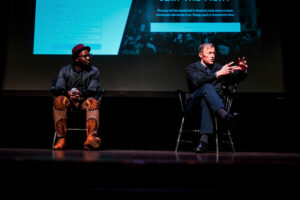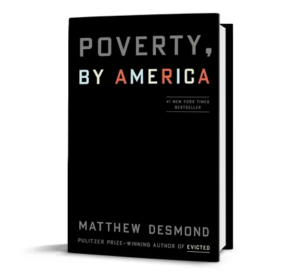TRANSLATE THIS PAGE
One-on-one coaching empowers Mecklenburg County families to rebuild financial stability while introducing pathways to economic opportunity. Participants work one-on-one with a specialist for an average of three months to identify barriers, set goals, and create a plan for the long-term stability of their families.
If you're looking for a way to take back control of your bills and stabilize your household finances, you may qualify for a FREE series of financial empowerment coaching sessions with specialists from Crisis Assistance Ministry.
You can build money management skills while staying on track with housing costs if you:
- live in Mecklenburg County
- are currently housed with a lease or mortgage
- currently have income or receive SSI, SSD, Veterans benefits, etc.
You will meet with a specialist about once a week to assess what’s happening with your finances, income, bills, and housing. Meetings can be virtual, online, by phone, or in person.
These sessions will empower you to set your own goals for managing household needs and create a plan to reach them.
Topics include:
- landlord/tenant rights and communication
- making informed choices about debt
- tracking income and prioritizing expenses
- developing a savings plan and building assets
- referrals to additional services in the community based on your needs
- help to maintain stable housing while you participate and work toward your goals
How to Enroll
Individuals who are interested in free financial empowerment coaching sessions should contact our Economic Mobility team by email for more information.
Economic Mobility Stories
Charlotte’s Six-Figure Salary Requirement
Charlotte, North Carolina, has become a place where a comfortable life requires a six-figure salary, according to a recent study from SmartAsset. The study’s authors used a 50/30/20 model for their calculations, in which no more than 50% of a household’s income is allocated for essentials such as housing, transportation, and groceries, 30% for “fun” things such as hobbies and entertainment, and 20% for savings, investments, and paying off debt.
Can We Really Abolish Poverty?
For Pulitzer Prize-winning author and sociologist Matthew Desmond, the answer is YES!
During his recent visit to Charlotte-Mecklenburg, Desmond brought both data and passion to the discussion of why America is one of the richest nations on earth, yet has “more poverty than any other advanced democracy.”
Will Medicaid Expansion Help Mecklenburg?
This long-awaited move by North Carolina will provide welcome relief to many low-wage earners who often are not offered health insurance through their employers. Considering the struggles of working families here in Mecklenburg County, there are certainly thousands who will benefit from Medicaid expansion in our own community. Based on evidence from other states, it’s likely all of us will reap the benefits of improved community health, lower eviction rates, and a stronger safety net for our neighbors.
“Poverty, By America”: New Book Asks the Hard Questions
Does poverty exist because we want it to? In his new book, “POVERTY, BY AMERICA,” Matthew Desmond asks this and other provocative questions about persistent poverty in our land of plenty.
On Juneteenth, Equity, Equality, and Freedom
Juneteenth marks a celebration of freedom—at least in the legal sense of the word. But it also evokes several bitter truths surrounding emancipation and its legacy. We see the ripples of that legacy here every day as we work to help our neighbors whose struggles are made more difficult by the social and systemic legacies of chattel slavery in the United States.
As we reflect on a historic moment in time, we can’t overlook the centuries of disenfranchisement that have followed legal emancipation and consider whether true freedom, equity, and equality have yet to arrive for many of our fellow citizens.
Black History Month: Resisting the Status Quo
The theme for Black History Month 2023 is “Resistance”, a single word that encompasses so much. Through the centuries, a long line of brave and committed Black Americans have battled injustice, some on the public stage and others behind the scenes. But for every high-profile or large-scale act of resistance, countless others go unnoticed. At Crisis Assistance Ministry, every day, we see brave and committed Black Charlotteans struggling to resist the forces of an unjust society right here in Mecklenburg County.
This Experience Will Make You Rethink Poverty
Participation in a poverty simulation: fast moving, immersive, stressful, real. Everything that can go wrong WILL go wrong. But you will be left thinking.










